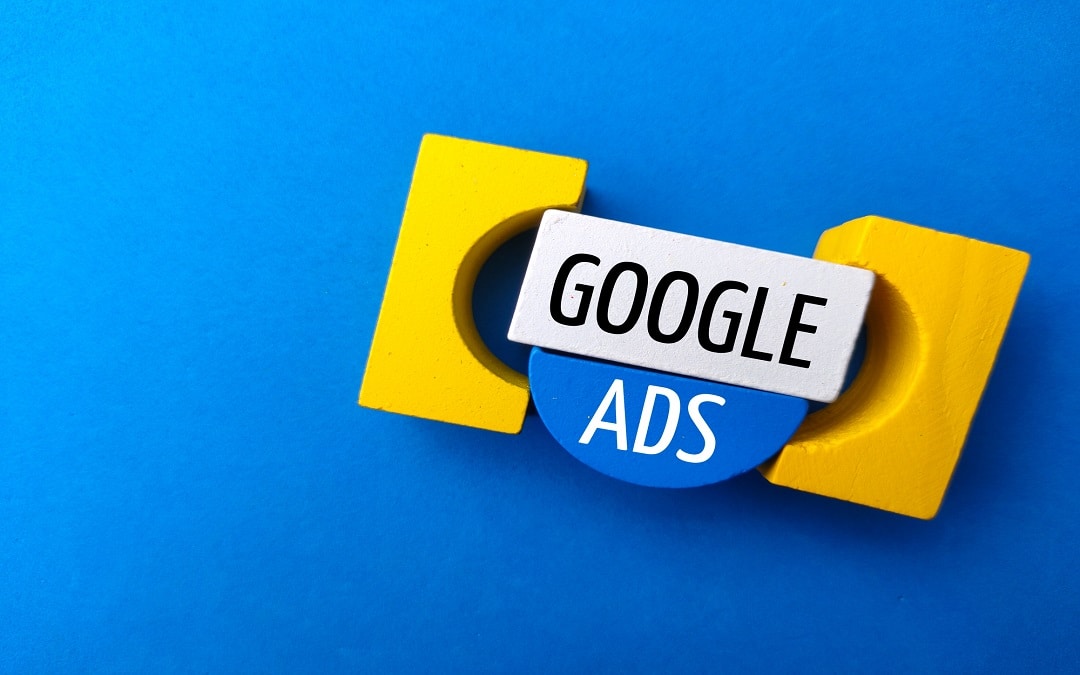Understanding VAT on Google Advertising: A Guide for E-Commerce Businesses
Digital advertising is an indispensable tool for businesses looking to expand their reach and engage with potential customers. Google Ads, a leading platform in digital advertising, offers businesses a powerful way to promote their products and services online. However, when it comes to VAT (Value Added Tax) on Google advertising, complexities arise, particularly due to the nature of Google’s operations and the application of the reverse-charge mechanism. In this article, we’ll delve into the intricacies of VAT in the context of Google Ads, providing clarity for e-commerce businesses.
Understanding VAT and its Application
VAT is a consumption tax imposed on the value added to goods and services at each stage of production or distribution. In the context of digital advertising, VAT applies to the services provided by platforms like Google Ads.
When a business purchases advertising services from Google, VAT is typically applicable. However, the specific VAT treatment depends on various factors, such as the location of the business, the location of the advertising service provider, and the type of services rendered.
The Reverse Charge Mechanism Explained
One of the critical aspects of VAT in Google advertising is the application of the reverse-charge mechanism. This mechanism is employed when services are provided by a supplier located outside the jurisdiction, and the recipient is liable to pay VAT.
In the case of Google Ads, the company supplies its advertising services from Ireland for businesses across the globe. As a result, businesses that utilise Google Ads services may find themselves subject to the reverse-charge mechanism. Google’s default position is to charge VAT until you have either provided them with your VAT number or otherwise proven that you are in business.
How Does the Reverse Charge Mechanism Work in Practice?
Let’s illustrate the application of the reverse-charge mechanism with an example:
Suppose an e-commerce business based in the United Kingdom purchases advertising services worth £10,000 from Google Ads, which is based in Ireland. In this scenario, instead of Google charging VAT on the invoice, the UK business is required to self-account for the VAT under the reverse-charge mechanism.
Here’s how it works:
- The UK business records the purchase of advertising services from Google Ads in its VAT return.
- The business calculates the VAT due on the transaction based on the applicable rate in the UK.
- The same amount is then declared as both output VAT (VAT charged on sales) and input VAT (VAT paid on purchases) on the VAT return.
- The business reports the net amount (total sales VAT minus total purchases VAT, which would usually net out to zero) to HM Revenue & Customs (HMRC) and settles the VAT liability accordingly.
Key Considerations for E-Commerce Businesses
Navigating VAT on Google advertising requires careful consideration, especially for e-commerce businesses operating across borders. Here are some essential points to keep in mind:
- Understand Your VAT Obligations: E-commerce businesses should familiarise themselves with VAT rules and regulations applicable in their jurisdiction and those of the advertising service provider.
- Keep Accurate Records: Maintain detailed records of transactions involving Google Ads or any other digital advertising platform to ensure compliance with VAT requirements.
- Seek Professional Advice: Given the complexities involved, consulting with a qualified tax advisor or accountant can provide invaluable guidance tailored to your specific business circumstances.
- Review Contracts and Invoices: Pay close attention to contractual agreements and invoices from Google Ads to ensure clarity regarding VAT treatment and the application of the reverse-charge mechanism.
- Stay Updated: VAT regulations and guidelines may undergo changes over time, so it’s essential to stay informed about any developments that could impact your business.
In conclusion, VAT on Google advertising presents unique challenges for e-commerce businesses, particularly concerning the application of the reverse-charge mechanism. By understanding the principles behind VAT and staying informed about relevant regulations, businesses can navigate these complexities effectively and ensure compliance with tax obligations. As always, seeking professional advice is recommended to address specific concerns and optimise VAT management strategies. For tailored guidance and assistance with e-commerce accounting and VAT compliance, businesses can reach out to Elver E-Commerce Accountants. Our expertise in e-commerce accounting and tax matters can provide invaluable support in managing VAT obligations related to Google advertising and other digital marketing initiatives.

